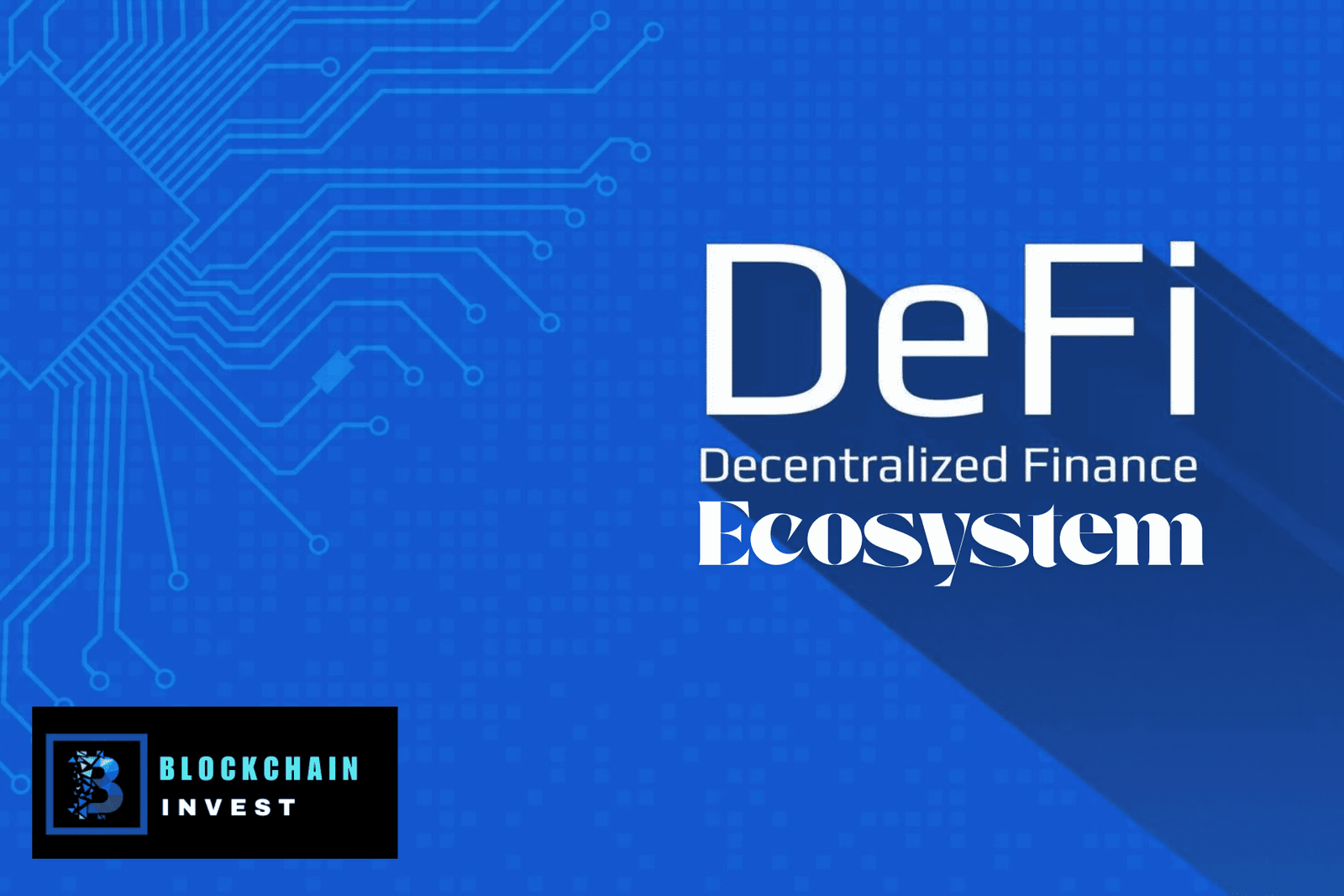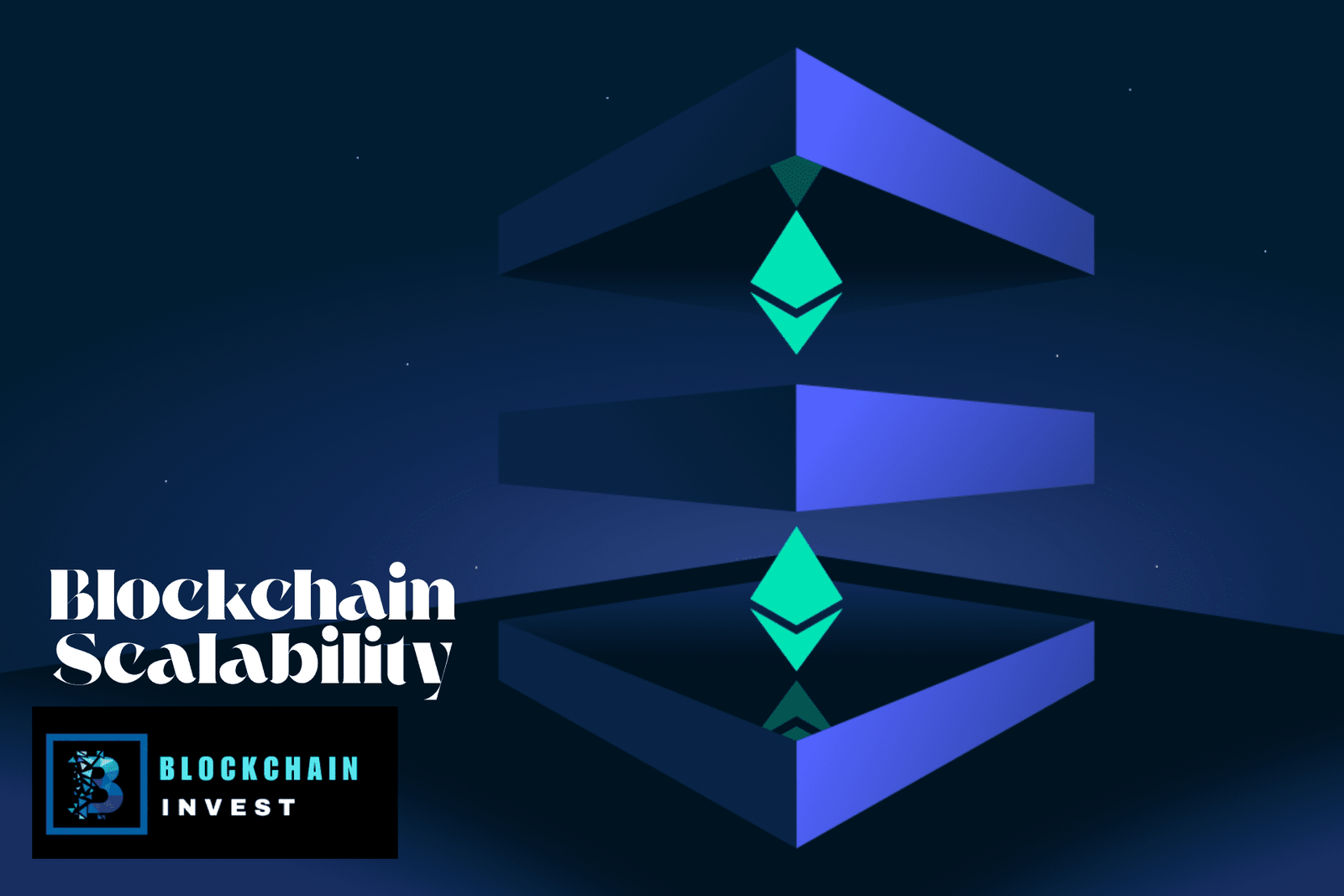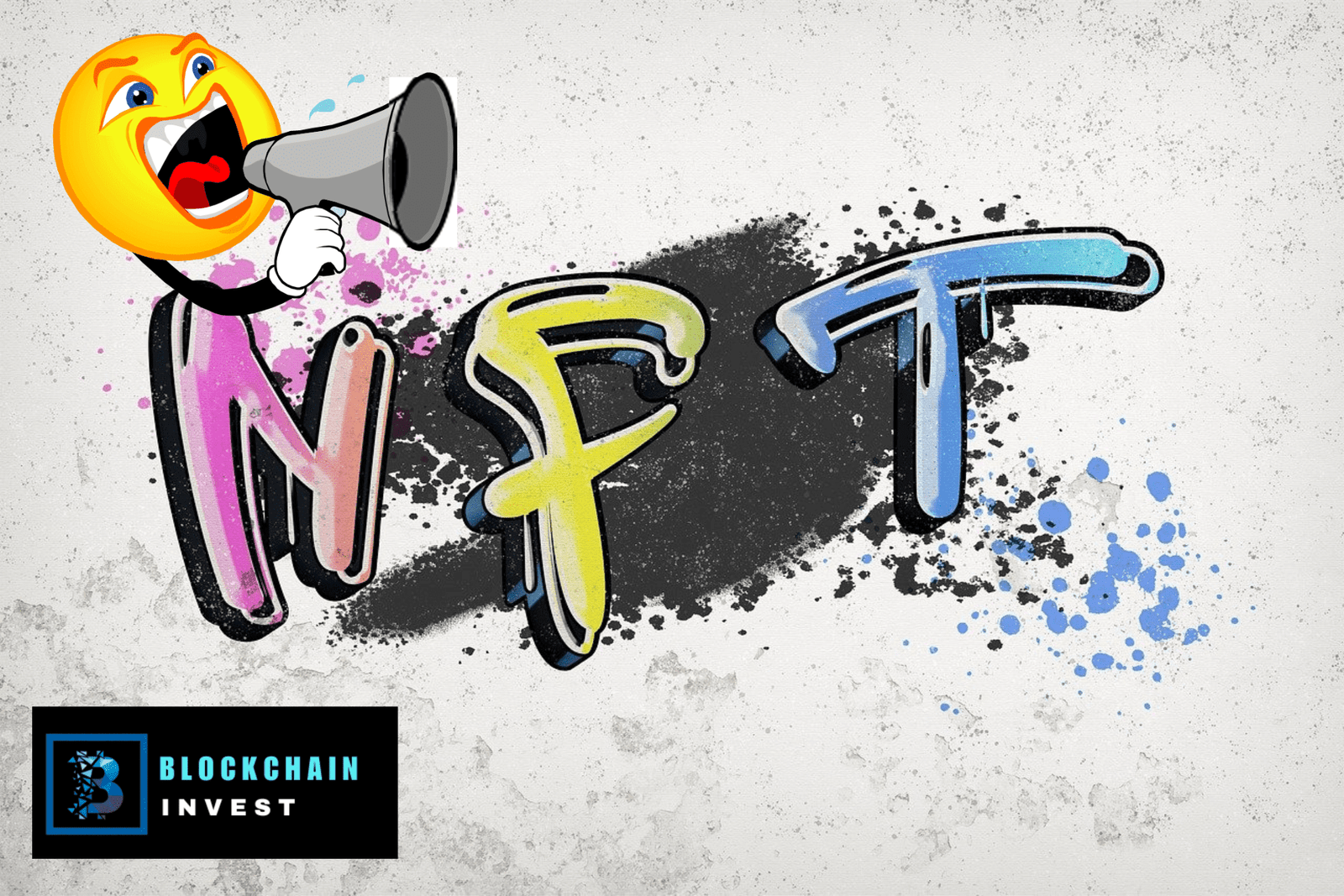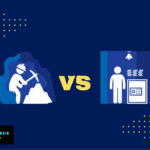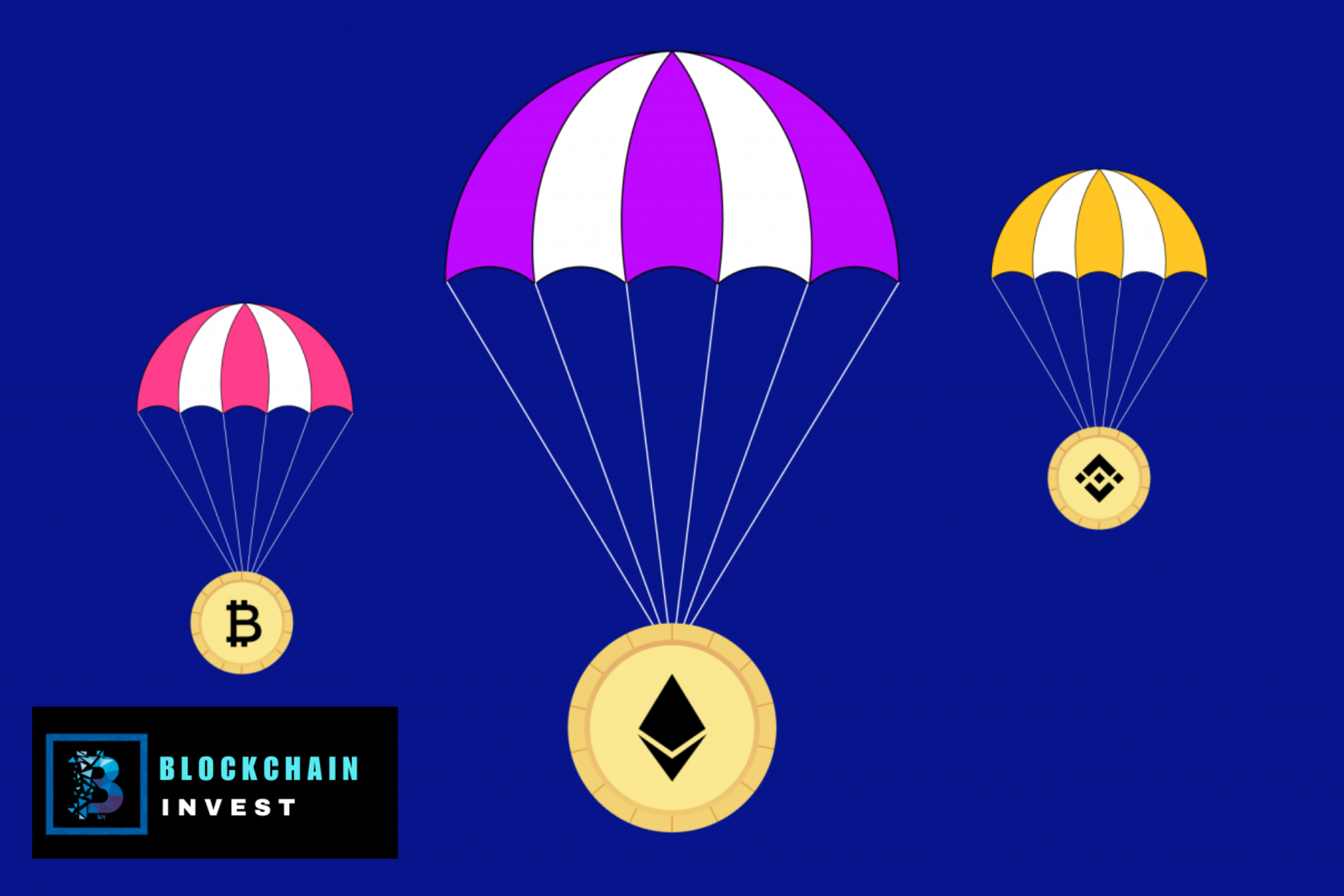Crypto Wallets That Support Multiple Blockchains: The Ultimate Guide
Here’s What’s Inside This Blog Post1 What is a Multi-Chain Crypto Wallet?1.1 What Are Crypto Wallets?1.2 Types Of Crypto

Here’s What’s Inside This Blog Post
- 1 What is a Multi-Chain Crypto Wallet?
- 2 Why Multi-Chain Wallets Are Crucial?
- 3 Top Crypto Wallets Supporting Multiple Blockchains
- 4 Quick Comparison Table
- 5 Honorable Mentions: Crypto Wallets Supporting Multiple Blockchains
- 6 Comparison of Multi-Chain Wallets
- 7 Key Considerations for Choosing a Multi-Chain Wallet
- 8 Security Tips for Using Multi-Chain Wallets
- 9 Future Trends
- 10 Challenges and Considerations
- 11 Frequently Asked Questions
- 12 Final Thoughts
Hey there! As the world of cryptocurrency keeps growing, we need wallets that can handle more than just one type of coin. Gone are the days when you could simply stash away a single coin in a dedicated wallet. Now, people are juggling with Ethereum, Binance Smart Chain, Solana, Avalanche, and many others—all at the same time.
So, what’s the solution? A multi-chain wallet. It lets you store, send, and receive different cryptocurrencies without any fuss. Whether you’re trading Bitcoin, Ethereum, or some lesser-known altcoin, a multi-chain wallet makes your life easier.
Why is this important? Here’s why:
- Saves Time: No more jumping between different wallets.
- Boosts Security: One secure place for all your coins.
- Simplifies Management: Keep track of everything in one spot.
But how do you pick the right one? Not all multi-chain wallets are created equal. Some are better at supporting multiple blockchains than others.
In this guide, we’ll dive into the best multi-chain crypto wallets. We’ll look at their features, the blockchains they support, and why having a wallet that can handle multiple chains is more essential than ever.
What is a Multi-Chain Crypto Wallet?
A multi-chain crypto wallet allows users to store, send, receive, and interact with cryptocurrencies across several blockchain networks using a single interface. These wallets often support Ethereum (ERC-20 tokens), BNB Chain (BEP-20), Polygon, Solana, Avalanche, Fantom, and even Layer 2 solutions like Arbitrum and Optimism. The best wallets ensure smooth switching between networks while maintaining user-friendly interfaces and high security.
What Are Crypto Wallets?
Crypto wallets are digital tools that allow you to store, send, and receive cryptocurrencies. Think of them as digital bank accounts for your crypto assets. They come with private and public keys, which are essential for transactions.
Private keys are like the password to your bank account. They unlock your wallet and allow you to access your funds. Public keys, on the other hand, are like your bank account number. You can share them with others to receive crypto.
Without a crypto wallet, you can’t interact with the blockchain or manage your crypto assets. They are essential for anyone looking to get involved with cryptocurrencies. Now, let’s look at the different types of crypto wallets available.
Types Of Crypto Wallets
There are several types of crypto wallets, each with its own pros and cons. The main categories are hardware wallets, software wallets, and paper wallets.
Hardware wallets are physical devices, like USB sticks, that store your private keys offline. This makes them very secure against online threats. Popular options include Ledger and Trezor.
Software wallets, on the other hand, are applications you can install on your computer or smartphone. They are more convenient but can be vulnerable to malware and hacking. Examples include Exodus and Trust Wallet.
Paper wallets are the simplest form. They involve printing your private and public keys on a piece of paper. While they are immune to online attacks, they can be easily lost or damaged.
So, which one should you choose? It depends on your needs. If you prioritize security, a hardware wallet might be best. If you value convenience, a software wallet is a good option. And if you want a backup, a paper wallet can be a great addition.
Understanding these basics can greatly enhance your journey into the crypto world. What type of wallet do you think suits your needs best?
Why Multi-Chain Wallets Are Crucial?
With the rise of cross-chain DeFi, NFT marketplaces, and multi-network dApps, users are no longer confined to a single blockchain. Key reasons why multi-chain support matters:
- Convenience: Manage all assets in one place without switching wallets.
- DeFi Access: Participate in DeFi protocols on multiple chains like Arbitrum, BNB Chain, and Avalanche.
- Lower Fees: Use alternative blockchains like Polygon or Optimism to save on gas fees.
- Cross-chain Swaps: Some wallets integrate bridges and DEXs to swap assets across chains.
Importance Of Multi-blockchain Support
Crypto wallets that support multiple blockchains offer users enhanced flexibility and convenience. They allow easy management of various cryptocurrencies in one place. This feature simplifies transactions and saves time.
Crypto wallets are essential tools for managing digital assets. The world of cryptocurrencies is vast and varied. Each blockchain has its unique features and benefits. Multi-blockchain support in a wallet is crucial. It allows users to manage different cryptocurrencies in one place. This simplifies the process and saves time. It also reduces the need for multiple wallets.
Benefits Of Multi-blockchain Wallets
Using a multi-blockchain wallet offers many advantages. One key benefit is the ability to store various cryptocurrencies. This is vital for users who invest in multiple coins. They do not need separate wallets for each blockchain. This not only reduces complexity but also enhances security.
Another benefit is the ease of transferring assets. Users can move their funds between different blockchains seamlessly. This is especially useful for traders. They can quickly react to market changes without delays.
User Convenience
User convenience is a significant factor in crypto wallets. Multi-blockchain support greatly enhances this aspect. Users can manage all their assets in a single interface. This makes tracking investments simpler. There is no need to switch between different wallets.
Moreover, having one wallet for all blockchains saves time. Users do not have to remember multiple passwords. This reduces the risk of losing access to their funds. A single wallet also simplifies the backup process. Users only need to secure one wallet, not many.
In essence, multi-blockchain wallets provide a streamlined experience. They make managing cryptocurrencies easier and more efficient.
Top Crypto Wallets Supporting Multiple Blockchains
1. MetaMask
Supported Chains: Ethereum, BNB Chain, Polygon, Avalanche, Arbitrum, Optimism, and more (via custom RPC).
MetaMask is the most popular non-custodial wallet, initially built for Ethereum. With custom RPC functionality, users can easily add and interact with multiple EVM-compatible chains.
✅ Pros: Chrome extension & mobile support, huge dApp ecosystem, strong developer backing.
❌ Cons: Doesn’t natively support non-EVM chains like Solana.
2. Trust Wallet
Supported Chains: Ethereum, BNB Chain, Solana, Polygon, Avalanche, Fantom, Tezos, and more (70+ blockchains).
Acquired by Binance, Trust Wallet is one of the most versatile mobile wallets on the market. It’s beginner-friendly and supports a huge list of blockchains, making it ideal for broad portfolios.
✅ Pros: Built-in DEX, staking options, hardware wallet integration.
❌ Cons: Limited desktop/web extension (launched recently).
3. Coinbase Wallet
Supported Chains: Ethereum, Arbitrum, Optimism, BNB Chain, Polygon, Avalanche.
Unlike the main Coinbase app, Coinbase Wallet is non-custodial and allows users to interact with dApps directly. It’s great for those looking to bridge the gap between centralized and decentralized crypto.
✅ Pros: Web3 dApp browser, integrates with Coinbase account.
❌ Cons: Fewer supported chains than competitors.
4. Keplr Wallet
Supported Chains: Cosmos-based networks (Osmosis, Juno, Secret Network), Ethereum (via IBC bridges).
Keplr is ideal for users exploring the Cosmos ecosystem, with growing support for cross-chain functionality using Inter-Blockchain Communication (IBC).
✅ Pros: Tailored for Cosmos, IBC support, Ledger integration.
❌ Cons: Less suitable for Ethereum/BNB-heavy users.
5. Exodus Wallet
Supported Chains: Bitcoin, Ethereum, Solana, BNB Chain, Polygon, Avalanche, and more.
Exodus is known for its beautiful UI and multi-asset desktop/mobile wallet. It supports over 200+ cryptocurrencies and integrates with Trezor hardware wallets for added security.
✅ Pros: Built-in exchange features, wide coin support, sleek design.
❌ Cons: Not fully open-source, limited DeFi connectivity.
6. XDEFI Wallet
Supported Chains: Bitcoin, Ethereum, BNB Chain, Avalanche, Terra, THORChain, and more.
A rising competitor to MetaMask, XDEFI is designed for multi-chain DeFi users and NFT collectors. It’s especially popular among THORChain users due to native support.
✅ Pros: Focus on NFTs and DeFi, cross-chain swaps.
❌ Cons: Newer wallet, still growing ecosystem.
Quick Comparison Table
| Wallet | EVM Chains | Non-EVM Chains | Hardware Support | dApp Browser |
|---|---|---|---|---|
| MetaMask | ✅ Yes | ❌ No | ✅ Yes (Ledger) | ✅ Yes |
| Trust Wallet | ✅ Yes | ✅ Yes | ✅ Yes | ✅ Yes |
| Coinbase Wallet | ✅ Yes | ❌ Limited | ❌ No | ✅ Yes |
| Keplr Wallet | ✅ Partial | ✅ Cosmos | ✅ Yes | ✅ Yes |
| Exodus Wallet | ✅ Yes | ✅ Yes | ✅ Yes (Trezor) | ❌ No |
| XDEFI Wallet | ✅ Yes | ✅ Yes | ✅ Yes | ✅ Yes |
Honorable Mentions: Crypto Wallets Supporting Multiple Blockchains
Coinomi: The Multi-Chain Pioneer
Coinomi is a standout for its support of over 125 different blockchains, making it one of the most versatile wallets available. It handles over 1,770 tradable assets, allowing users to send and receive transactions across all supported chains seamlessly. Coinomi’s security features include multi-signature support, open-source code for transparency, and robust encryption. It also offers 168 fiat currency representations and is available in 25 languages, catering to a global audience. Its design as a multi-chain wallet from the ground up makes it ideal for users with diverse crypto portfolios.
Atomic Wallet: Decentralized Exchange Integration
Atomic Wallet supports over 50 blockchains and more than 1,350 assets. Its standout feature is the built-in decentralized exchange, enabling Atomic Swaps—peer-to-peer exchanges without intermediaries. This is particularly useful for trading across different blockchains without relying on centralized platforms. Atomic Wallet’s no-account-needed approach and 24/7 customer support enhance its accessibility. For users seeking a balance of multi-chain support and trading flexibility, Atomic Wallet is a strong contender.
Atomic Wallet: Decentralized Exchange Integration
Atomic Wallet supports over 50 blockchains and more than 1,350 assets. Its standout feature is the built-in decentralized exchange, enabling Atomic Swaps—peer-to-peer exchanges without intermediaries. This is particularly useful for trading across different blockchains without relying on centralized platforms. Atomic Wallet’s no-account-needed approach and 24/7 customer support enhance its accessibility. For users seeking a balance of multi-chain support and trading flexibility, Atomic Wallet is a strong contender.
Crypto.com DeFi Wallet: Staking and DeFi Focus
The Crypto.com DeFi Wallet supports over 1,000 assets across Ethereum, Binance Smart Chain, Cronos, and Polygon. It stands out for its staking capabilities, allowing users to earn rewards on 25 cryptocurrencies. Integration with dApps via WalletConnect provides access to DeFi services. For users interested in staking and DeFi, this wallet offers a robust multi-chain solution.
Comparison of Multi-Chain Wallets
| Wallet Name | Supported Blockchains | Assets Supported | Security Features | DeFi/NFT Support | Platform Availability |
|---|---|---|---|---|---|
| Coinomi | 125+ | 1,770+ | Multi-signature, open-source | Limited | Mobile, Desktop |
| Trust Wallet | 65+ | 10M+ | Biometric, Web3 browser | Yes | Mobile, Browser |
| Atomic Wallet | 50+ | 1,350+ | Encryption, decentralized exchange | Limited | Mobile, Desktop |
| SafePal | 100+ | 10,000+ | Air-gapped hardware, software options | Yes | Mobile, Hardware |
| Ledger | Multiple (10+ via Merlin) | 5,500+ | Offline storage, Bluetooth | Yes | Hardware, Mobile |
| Trezor | 14+ (9,000+ via third-party) | 1,000+ | Open-source, touchscreen | Yes | Hardware, Desktop |
| Exodus | Multiple (e.g., BTC, ETH, SOL) | 1,000+ | Trezor integration, encryption | Yes | Mobile, Desktop |
| Coinbase Wallet | EVM, Solana, Fantom | 450,000+ | Self-custodial, biometric | Yes | Mobile, Desktop, Browser |
| MetaMask | EVM-focused | 500,000+ | Browser extension, dApp integration | Yes | Mobile, Browser |
| Crypto.com DeFi Wallet | ETH, BNB, Cronos, Polygon | 1,000+ | Staking, WalletConnect | Yes | Mobile, Desktop, Browser |
Key Considerations for Choosing a Multi-Chain Wallet
When selecting a multi-chain wallet, consider the following factors:
Hardware Compatibility: For maximum security, consider wallets like Ledger, Trezor, or Exodus with Trezor integration.
Security: Hardware wallets like Ledger and Trezor offer the highest security by keeping private keys offline. Software wallets should include multi-factor authentication (MFA) and self-custody options.
Ease of Use: Wallets like Exodus and Trust Wallet are beginner-friendly with intuitive interfaces, while MetaMask and SafePal cater to advanced users.
Blockchain Support: Coinomi (125+ blockchains) and Trust Wallet (65+ blockchains) offer the broadest support, while MetaMask focuses on EVM chains.
DeFi and NFT Integration: MetaMask, Trust Wallet, and Crypto.com DeFi Wallet excel for DeFi and NFT users due to their dApp and Web3 support.
Fees: Check transaction and exchange fees. Atomic Wallet’s decentralized exchange offers competitive rates for cross-chain swaps.

Security Tips for Using Multi-Chain Wallets
- Always verify custom RPCs before adding new chains.
- Use hardware wallets or secure mobile devices for large holdings.
- Be cautious of fake dApps or phishing links when switching networks.
- Enable two-factor authentication if the wallet allows it.
Future Trends
Crypto wallets supporting multiple blockchains are gaining popularity. They offer users flexibility and convenience. Managing various cryptocurrencies in one place is now easier than ever.
Cryptocurrencies continue to evolve, and so do the wallets that store them. Crypto wallets that support multiple blockchains are becoming indispensable tools for users who hold diverse digital assets. The future trends in this space are promising, bringing innovative features and expansive growth.
Innovations In Multi-blockchain Wallets
Multi-blockchain wallets are gearing up for significant advancements. One anticipated innovation is the integration of decentralized finance (DeFi) protocols directly within wallets. Imagine managing your assets and participating in DeFi lending, staking, and swapping without leaving your wallet interface.
Another exciting trend is enhanced security features. Wallets are expected to adopt more robust encryption methods and biometric authentication. This will provide a seamless yet secure user experience.
Interoperability between different blockchains is also a focal point. Future wallets might enable seamless transactions across various blockchain networks, reducing the need for multiple wallet apps. This could simplify the user experience and save time.
Predictions For Growth
The growth of multi-blockchain wallets is set to skyrocket. As more people invest in a variety of cryptocurrencies, the demand for versatile wallets will increase. This trend is expected to accelerate adoption rates, making crypto more accessible to everyday users.
Developers are likely to create more user-friendly interfaces. This will cater to both tech-savvy individuals and beginners. Think about the last time you struggled to navigate a complicated app. A wallet that simplifies the process can make all the difference.
Furthermore, we might see partnerships between wallet providers and financial institutions. This could lead to new features like crypto-backed loans or integrated payment solutions. Wouldn’t it be convenient to use your wallet for both crypto management and traditional banking?
In summary, the future of multi-blockchain wallets looks bright. Innovations and growth in this space will make managing diverse crypto assets easier and more secure. What features do you hope to see in your next crypto wallet? The possibilities are endless, and the future is exciting.

Challenges and Considerations
The number of supported blockchains can vary due to differing definitions (e.g., mainnets vs. testnets) and frequent updates. Some wallets, like MetaMask, focus on EVM-compatible chains, which may limit support for non-EVM chains like Solana. Additionally, while software wallets are convenient, they are more vulnerable to online threats compared to hardware wallets. Users should verify the latest supported blockchains on official wallet websites, as updates in 2025 may expand or shift compatibility.
Frequently Asked Questions
Which Crypto Wallet Supports All Networks?
Trust Wallet supports all networks. It is a multi-cryptocurrency wallet available for both mobile and desktop users.
What Is Multichain Wallet?
A multichain wallet allows users to store, manage, and transact multiple cryptocurrencies across different blockchain networks in one place.
How Many Blockchains Does Trust Wallet Support?
Trust Wallet supports over 70 blockchains. It provides access to a wide range of cryptocurrencies and tokens.
What Is The Most Versatile Crypto Wallet?
The most versatile crypto wallet is MetaMask. It supports multiple blockchains, easy integration, and has user-friendly features. Ideal for beginners and experts alike.
Final Thoughts
Using a multi-chain crypto wallet is no longer optional for active crypto users — it’s essential. Whether you’re trading, staking, minting NFTs, or exploring DeFi protocols, having a wallet that supports multiple blockchains gives you the freedom to engage across the entire crypto landscape.
Trust Wallet and MetaMask continue to dominate in flexibility and user base, while newer players like XDEFI and Keplr are carving out niches in non-EVM and cross-chain ecosystems. Evaluate your needs, security preferences, and target ecosystems to choose the wallet that fits your crypto lifestyle best.
Research thoroughly before selecting a wallet. Find one that meets your needs and ensures safe storage. Happy investing!


